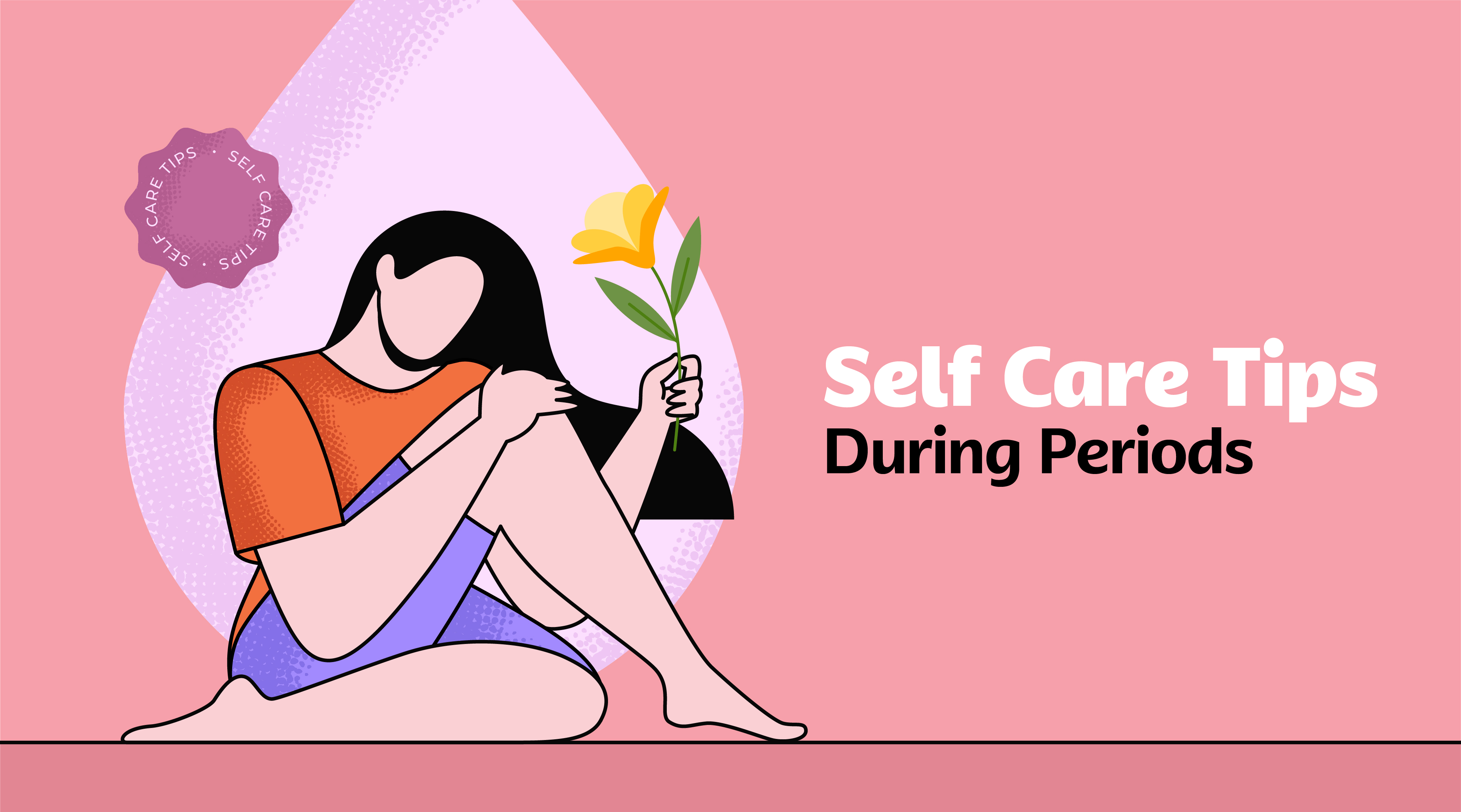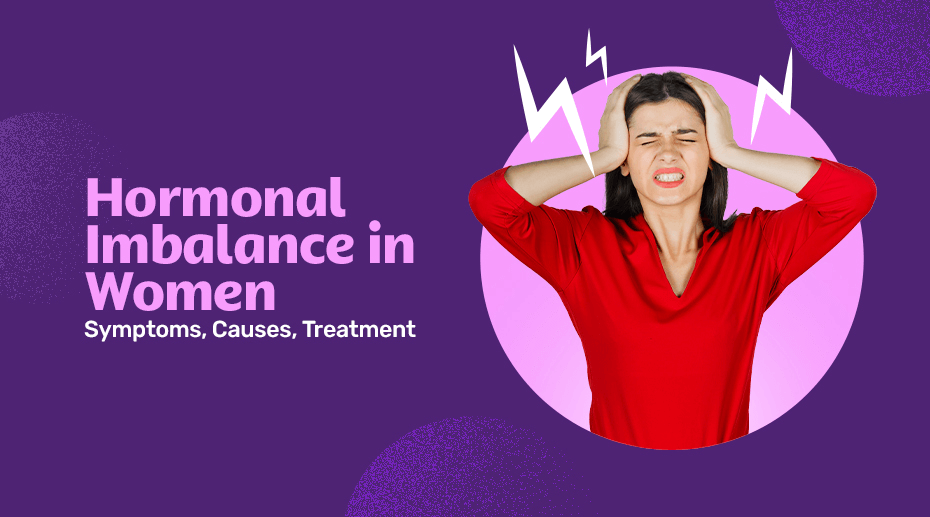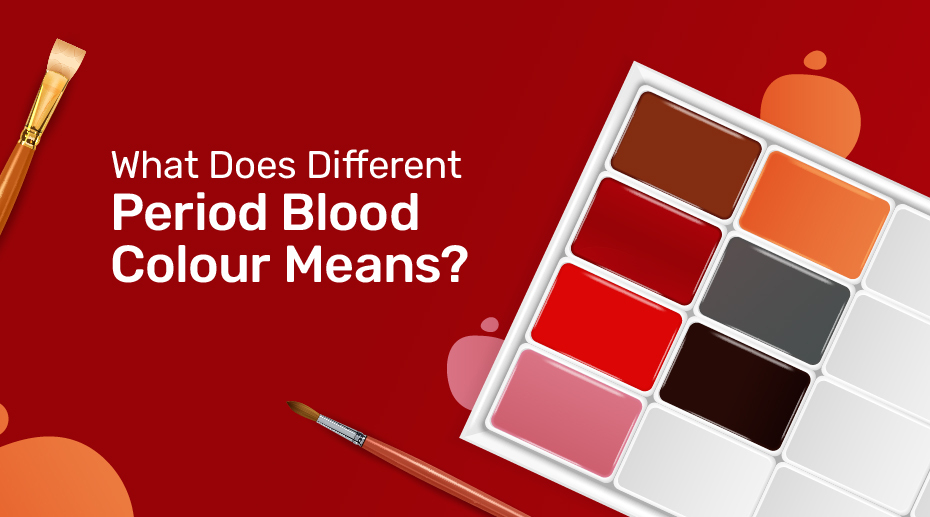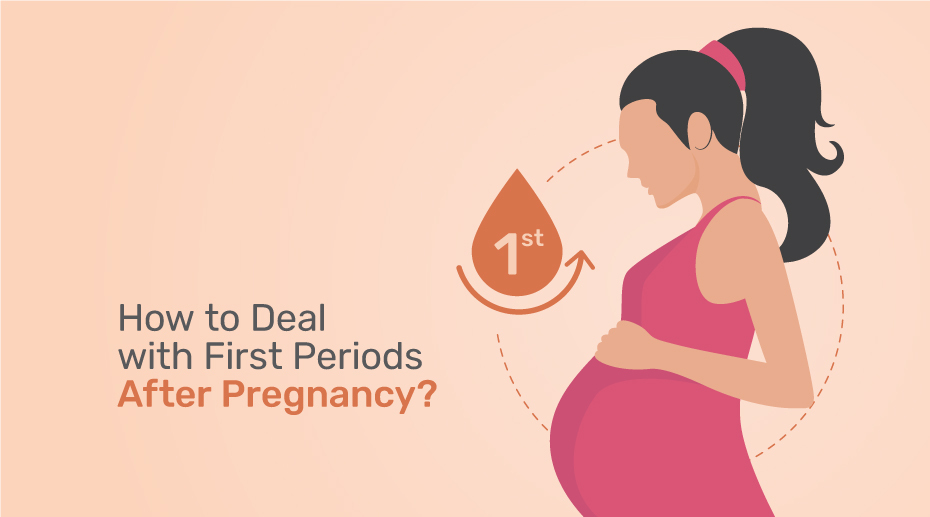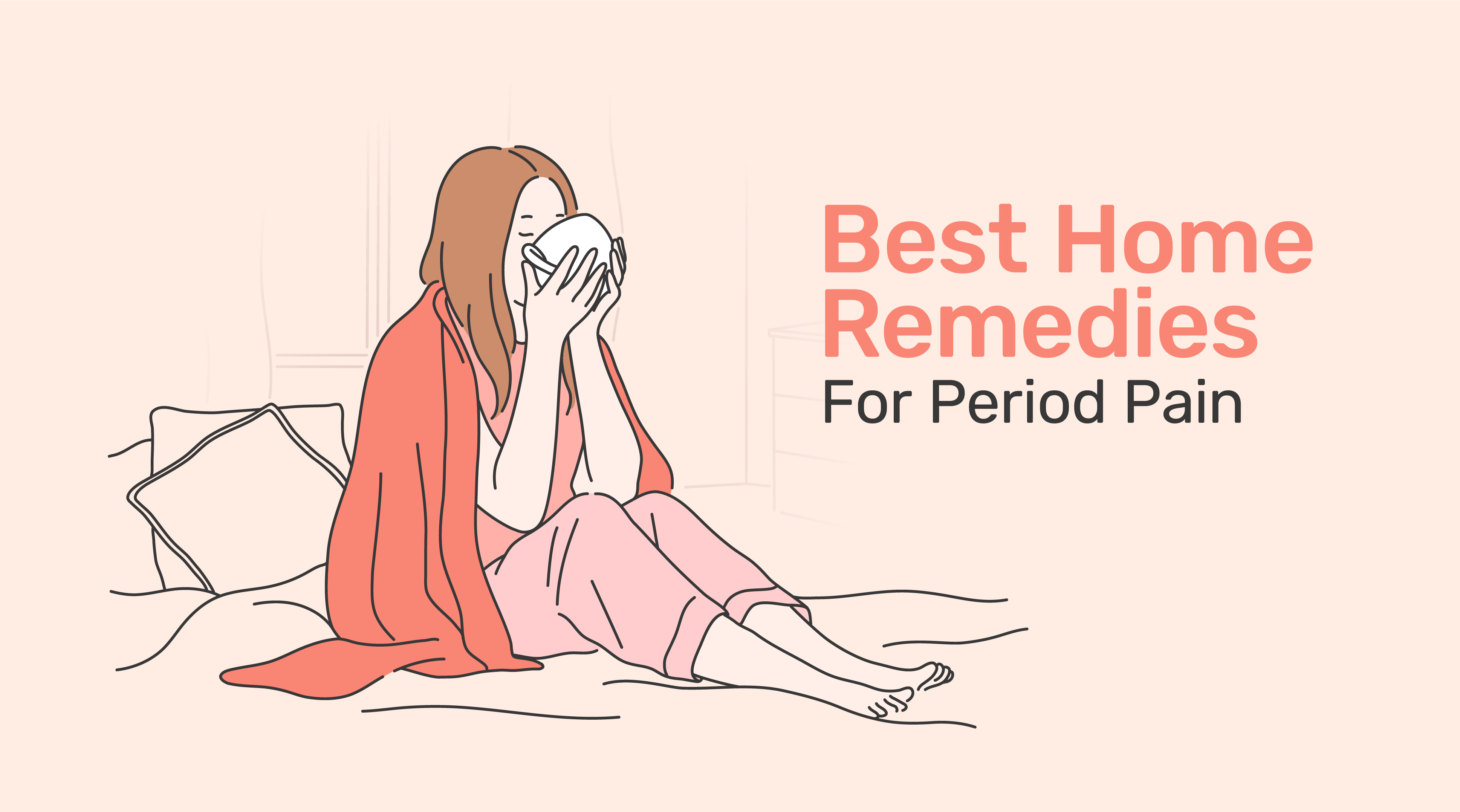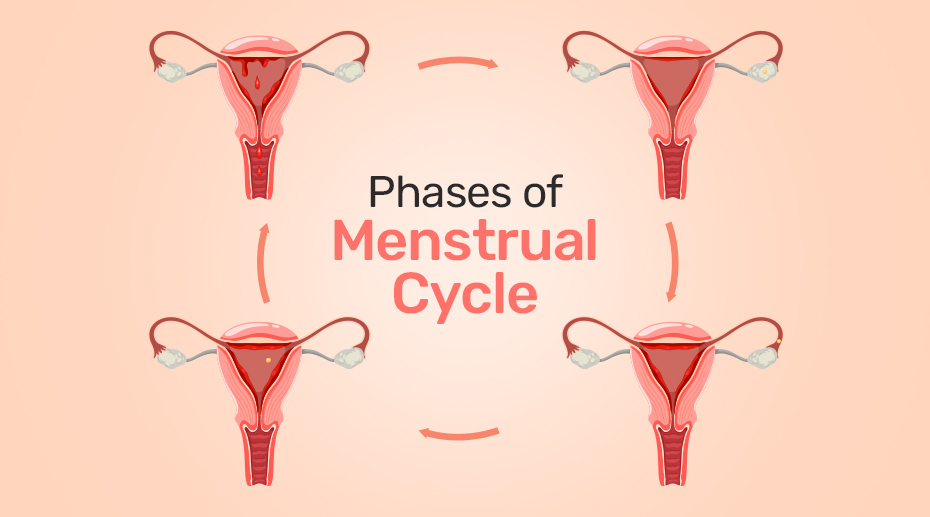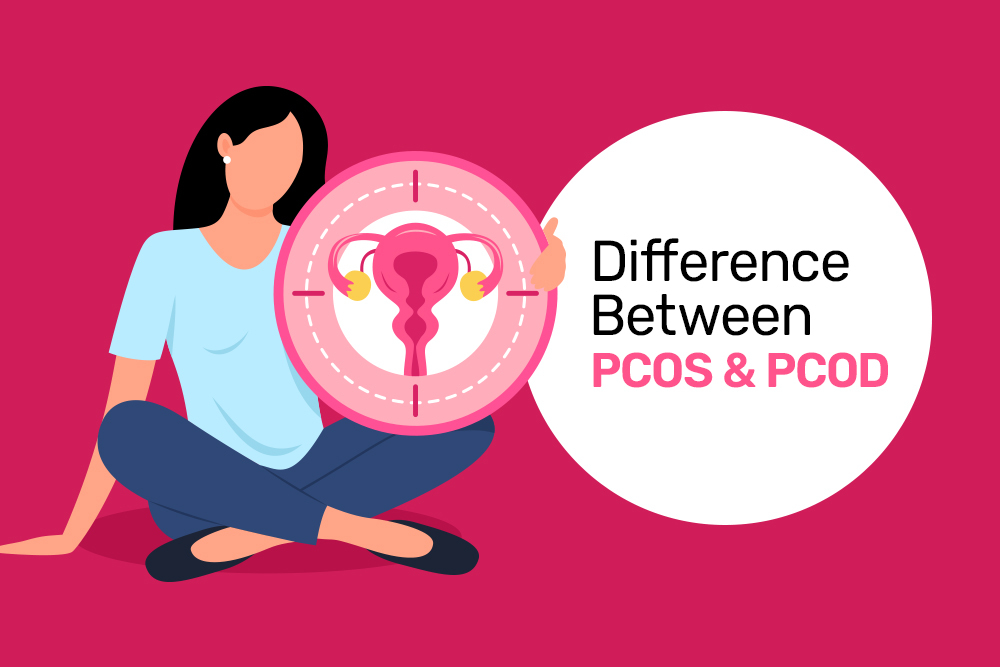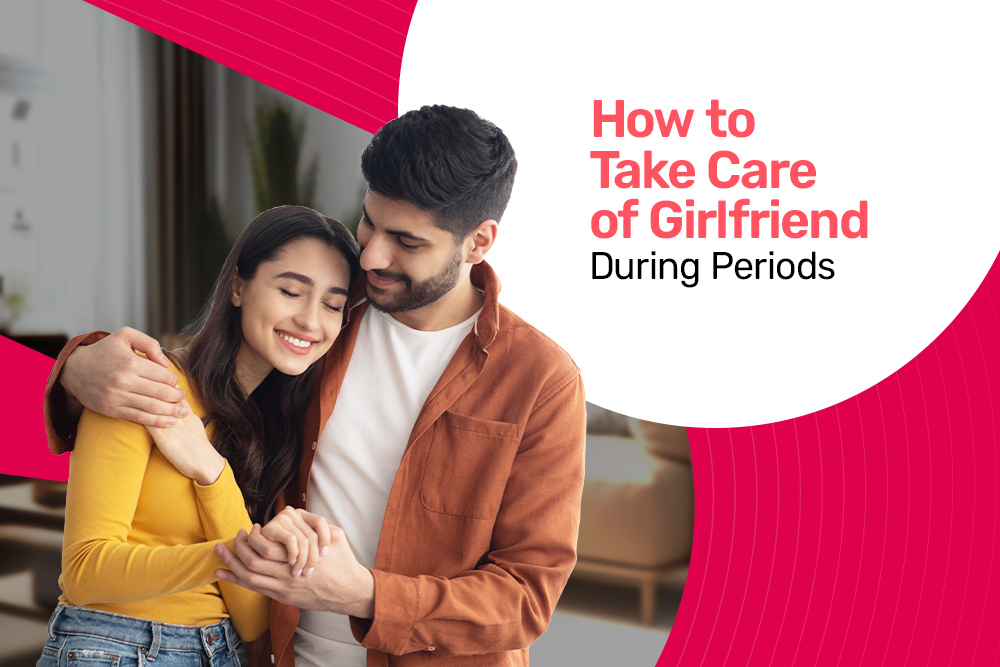

Dysmenorrhea – a myth or reality?
People buy sweaters to protect themselves from the winter that comes every year. People invest in raincoats to be safe from catching a cold after getting drenched in the pouring rain. They invest in health by taking insurance. But why don’t people believe in investing in menstrual pain that comes every month?
Many types of misconceptions are associated with menstrual pain. Period pain is a myth for everyone who has never experienced it. Guess what? This so-called myth comes in varieties. It is like a thunderbolt inside the abdomen. Sometimes, it feels like a stab in the abdomen. Sometimes it is felt only on one side of the abdomen. Sometimes it is all over the area, and it surprises you by crawling to your lower back or crawling down to your thighs.
Women who are taught to suppress their voices about period pain are in an impression that period pain is normal. They consider the whole monthly cycle as a package deal – with periods you get pain free of cost. Women have to understand that bearing period pain is not necessary, even though it is an undivided part of your monthly cycle.
The medical terminology for period pain is ‘Dysmenorrhea’.
There are two types of Dysmenorrhea: Primary Dysmenorrhea and Secondary Dysmenorrhea.
Primary Dysmenorrhea
- Happens without any kind of prior underlying condition
- Mostly occurs before or during menstruation
Secondary Dysmenorrhea
- Happens due to disorders caused in the reproductive system
- Last longer than primary dysmenorrhea
What causes dysmenorrhea a.k.a period pain?
Every month, there is a lining that builds up in a woman’s uterus. If the woman is not pregnant, the uterus starts shedding the lining through prostaglandins. Prostaglandins are involved in triggering the pain responses because the muscles contract and relax irregularly during this time. If the level of this hormone-like substance called prostaglandins is high, severe period pain is experienced. This is called Primary Dysmenorrhea.
Secondary Dysmenorrhea and other disorders that cause abdominal cramps:
Endometriosis
A condition in which the tissue that lines with the uterus grows outside the uterus. During the condition of endometriosis, the tissue can be found on fallopian tubes, ovaries, near the intestine or the lines of the pelvic area. It can cause long periods, heavy menstrual flow, severe abdominal pain, nausea, vomiting, bowel disorders or painful intercourse.
Adenomyosis
A disorder where the endometrium, the inner lining of the uterus, grows on the uterus wall. Adenomyosis often happens during childbearing years. It can cause heavy bleeding during menstruation, long periods, bloating before periods or heaviness, severe menstrual cramps or pain during or after intercourse.
Uterine Fibroids
A condition in which non-cancerous growths in the uterus develop during a woman’s childbearing years and cause pain. When fibroids are left untreated it causes heavy periods, heaviness in the pelvic region, severe period pain, and in rare cases, anaemia.
Cervical Stenosis
A type of condition in which the cervix is too tight, and the menstrual blood builds up in the uterus and causes dysmenorrhea. Cervical Stenosis can cause amenorrhea which means the absence of periods, dysmenorrhea which is heavy or painful periods, chronic pelvic pain, irregular bleeding, also, infertility as it blocks the path for sperms to reach the uterus. Tests are necessary to avoid the development of other diseases during the condition of cervical stenosis.
Pelvic Inflammatory Disease (PID)
A type of infection caused by sexually transmitted bacteria that causes inflammation of reproductive organs and pain. The most common infections are chlamydia and gonorrhoea. This can cause abnormal vaginal discharge, pelvic pain or lower abdominal pain, uterine bleeding during or after intercourse, painful urination or fever. Sexual intercourse must be immediately stopped when such symptoms are seen or felt.
Menstrual cramps with the irregular flow is a condition in which a gynaecologist should be consulted. If you are suffering from any of the above conditions, take a professional opinion to avoid severe health complications.


